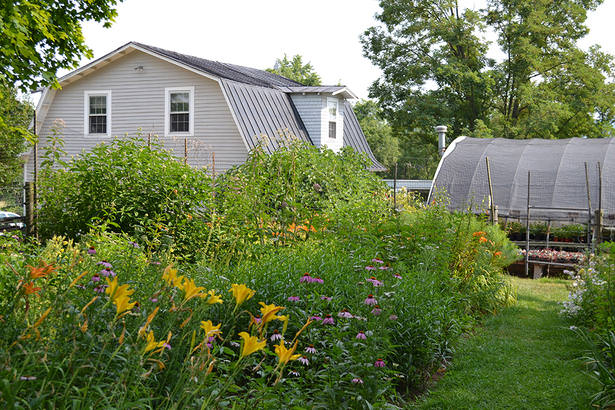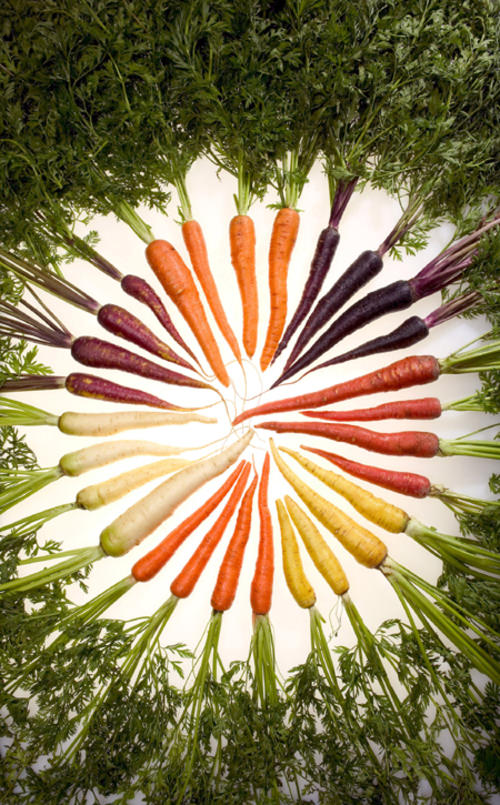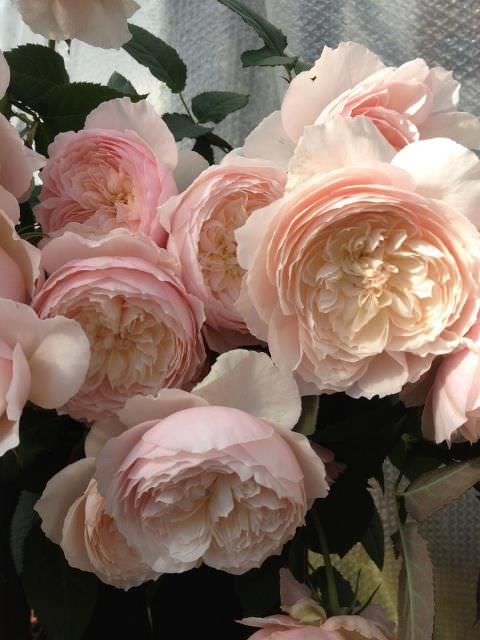






Any of you who have been reading my blogs for awhile know that I love things that have history. Age, patina, a past. And when it comes to plants, I feel the same way! Heirloom gardening has a huge following among diverse groups, and for different reasons. I wanted to give you all a quick little lesson on what heirloom gardening is, why it is important, and how you can bring it into your garden!
What is Heirloom Gardening?
Heirloom gardening is the use of plants, or more often seeds, from another era. Simple as that. It isn’t necessarily defined by any particular date, but most heirloom plants pre-date the mass farming and industrial practices that go on in the nursery industry today. There are heirloom vegetables, flowers, plants, trees, shrubs, bulbs, and roses.
Why Garden with Heirloom Plants?
Heirloom gardening has many benefits, not the least of which is the need to connect with our past. The gardens at Thomas Jefferson’s Monticello are a perfect example of people feeling that the proliferation of older generations of plants is something to be protected, for history’s sake. And I have to admit, nothing gets my gardener’s heartstrings going more than the opportunity to inherit a hundred year old lilac (cutting) from an old home about to be torn down, or to order seeds of the very vine President Jefferson grew over his personal balcony. I can envision how these plants were used to set a special table during a simpler time, to soothe the soul of a founder of our country, or to bring nourishment and life to countless precious children when such a privilege wasn’t guaranteed. How can we not spend a moment and think of how plants have been such a huge part of history, and how deeply those plants deserve reverence?

However, sustainability has become the foremost topic when discussing heirloom plants. Here are reasons why cultivating older varieties is good for the earth!
If we haven’t given you enough reasons to look into heirloom plants, how about we give you some resources so you can discover for yourself this addictive obsession.
Where to Buy Heirloom Seeds and Plants
The Seed Savers Exchange is where I suggest you start. Not only can you purchase rare and heirloom varieties, you can find out a lot of good information as well. Free catalog. Memberships available.
Rare Seeds published the quarterly magazine on the newsstand, “Heirloom Gardener”. Great source for everything heirloom, non-gmo, organic as well!
Heritage Flower Farm is a good source for plants, flowers and grasses…they even have preplanned heirloom gardens!
Roses of Yesterday and Today has a good offering of heirloom and rare roses, and are a well established company.

For more information…
The Thomas Jefferson Center for Historic Plants is right at his Monticello home, and with good reason. Jefferson was an experienced plantsman and a scientist as well. This is where I got my first taste of the history that plants can hold! Spend some time here if you love history, you will get hooked!
Copyright © www.100flowers.win Botanic Garden All Rights Reserved